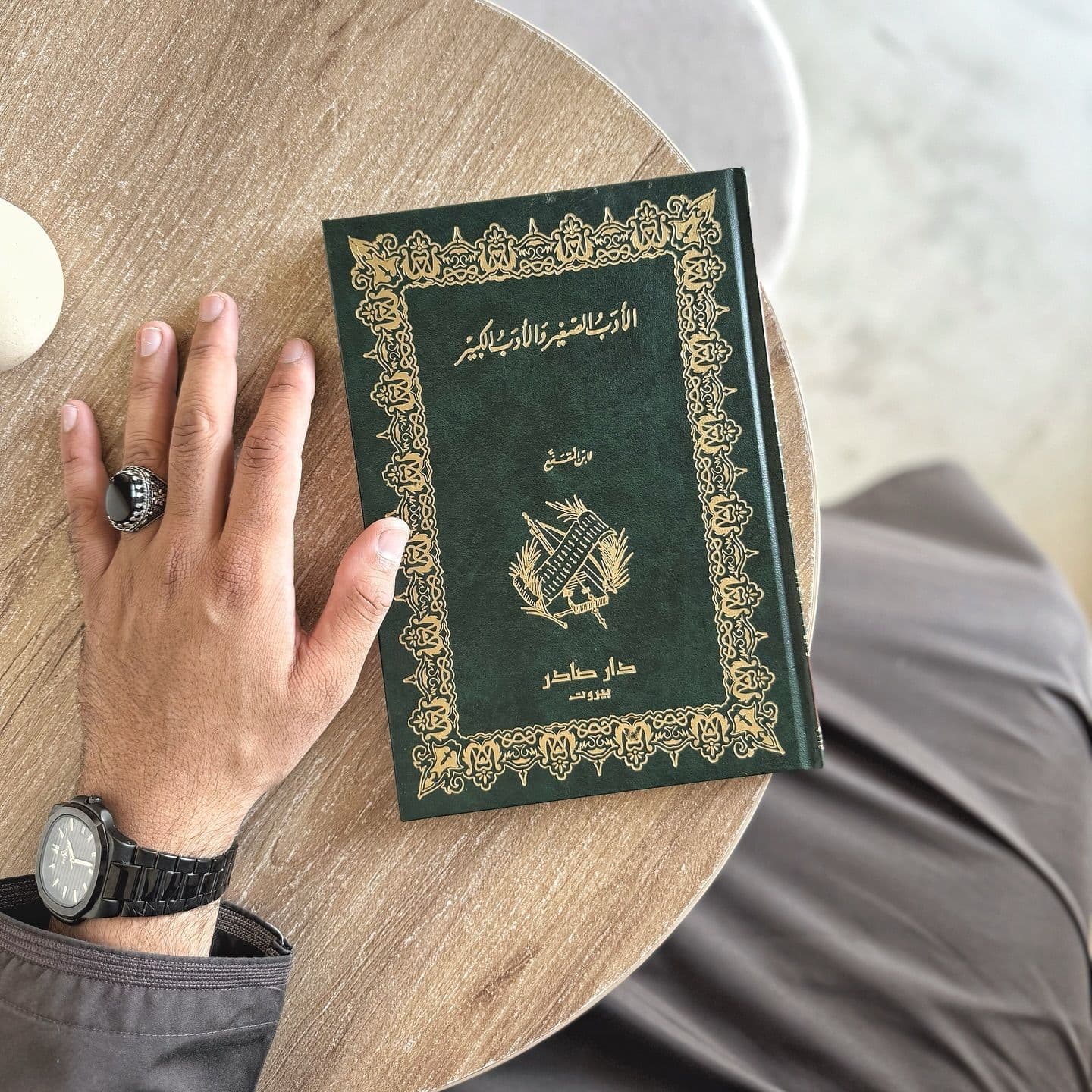
The Art of Self-Reckoning: Lessons from Ibn al-Muqaffaʿ
M4KTABA TEAM
contact
السلام عليكم ورحمة الله وبركاته
In an age of distraction and indulgence, Ibn al-Muqaffaʿ’s wisdom on self-reckoning (muḥāsabah) offers a timeless reminder: the wisest among us are those who hold their souls to the strictest account.
He compares life to a finite ledger—our true wealth is not money, but our numbered days. Unlike gold, which can be regained, time once lost is never reclaimed. Every day must be examined:
✅ What have I gained for my soul?
❌ What have I squandered in heedlessness?
⚖️ What debts have I accrued—both in religion and worldly affairs?
To achieve true self-discipline, Ibn al-Muqaffaʿ prescribes four steps:
1️⃣ Self-Reckoning – Keeping a daily ledger of our deeds, ensuring nothing is wasted.
2️⃣ Contention – Fighting against the soul’s excuses and exposing its deceptions.
3️⃣ Judgment – Recognizing sins as ruinous and good deeds as enriching.
4️⃣ Reward & Chastisement – Encouraging the soul with past virtues while shuddering at past sins.
This constant introspection is the hallmark of the truly wise. Umar ibn Al Khattab رضي الله عنه used to say: “Take account of yourselves before you are taken to account, weigh your deeds before they are weighed.” The greatest scholars of Islam, from Al-Ghazali to Ibn al-Qayyim, emphasized the necessity of muḥāsabah in refining character and drawing closer to Allah.
في امان الله.
--------------------
At M4KTABA, we curate the finest Islamic books—classics in adab, tafsir, and spirituality—to help you embark on this path of self-purification. Start your journey today!